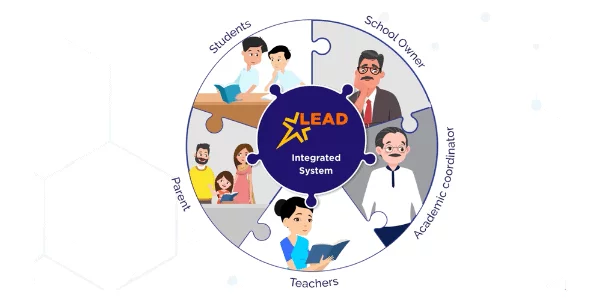What do student management systems have to offer?

Give Your School The Lead Advantage
Student management systems, also known as student information systems, are digital tools used by schools and universities to organize, manage, and track student data. These systems offer a wide range of features that can benefit both educators and students, making them an essential part of modern education.
One of the key benefits of student management systems is their ability to centralize student information. This allows educators to easily access and update student records, such as grades, attendance, and contact information. This can save a significant amount of time and effort, as well as ensure that all student information is accurate and up-to-date.
Another important feature of student management systems is their ability to automate various tasks. For example, these systems can automatically calculate grades, send out reminders for assignments and deadlines, and even generate reports. This can help educators to be more efficient and effective in their work, as well as free up more time to focus on teaching and interacting with students.
Student management systems also offer a number of communication tools that can help educators stay in touch with students and parents. For example, many systems include email and messaging functions, as well as online portals where parents can access student information and communicate with educators. This can help to improve communication and collaboration between educators, students, and parents, which can ultimately benefit student learning.
In addition, many student management systems include learning management features such as e-learning, online assessments, and quizzes. This can help to support a blended learning environment where students can have access to the resources they need from anywhere at any time.
Finally, student management systems can also provide valuable insights into student performance and progress. For example, by analyzing data on student grades, attendance, and test scores, educators can identify areas where students may be struggling and provide targeted support. This can help to improve student outcomes and ensure that all students have the opportunity to succeed.
In conclusion, student management systems offer a wide range of features that can benefit both educators and students. By centralizing student information, automating tasks, improving communication, and providing valuable insights into student performance, these systems can help to improve the overall education experience and support student success.

.png)

.png)
